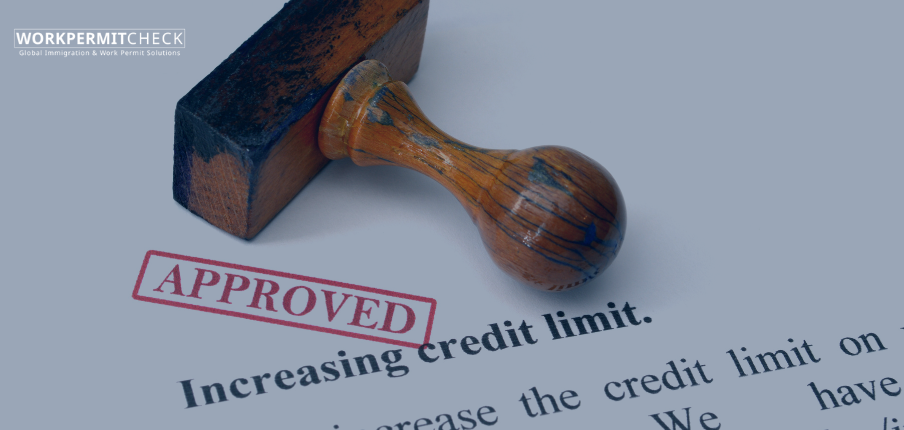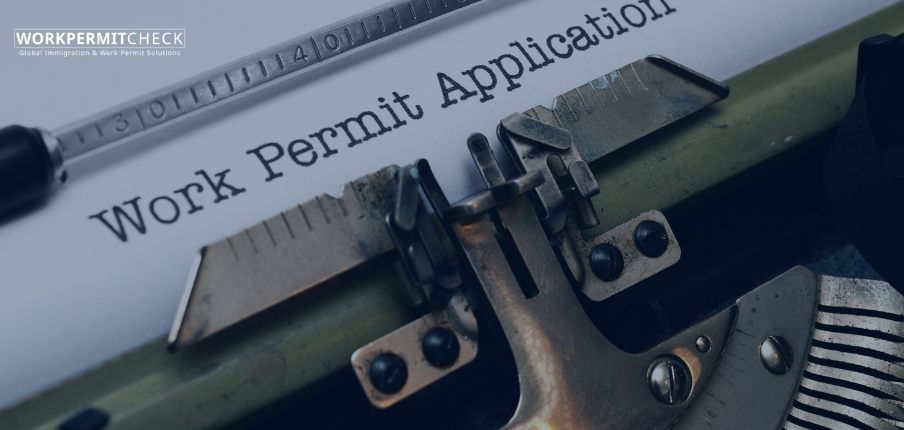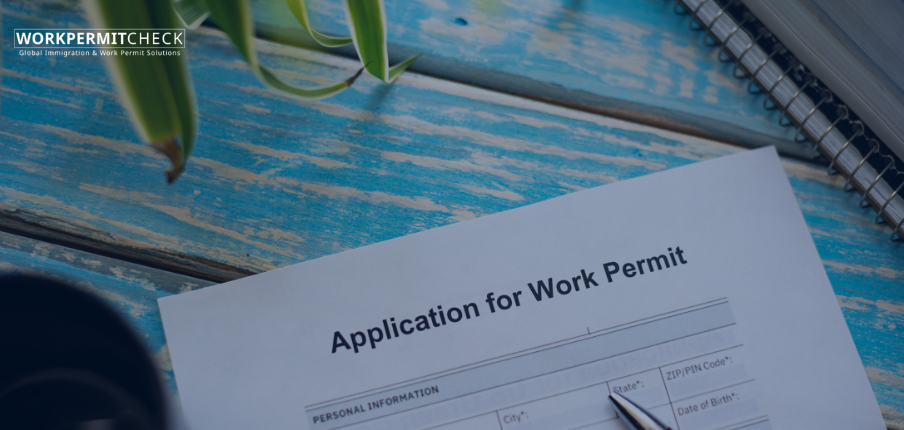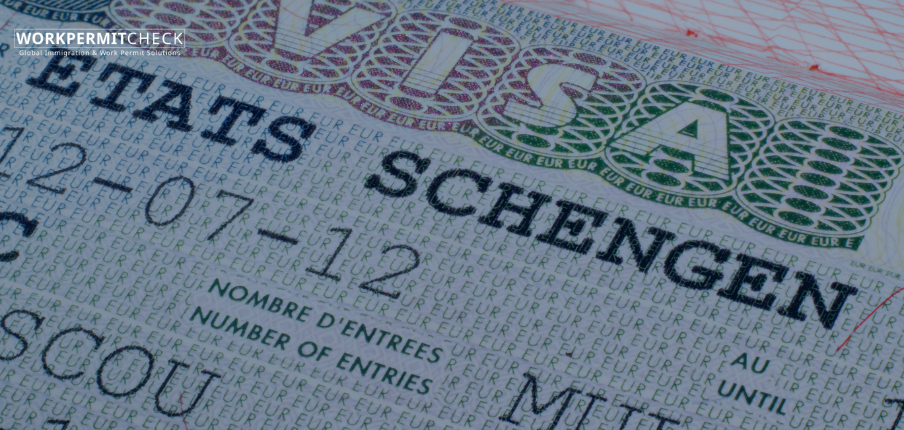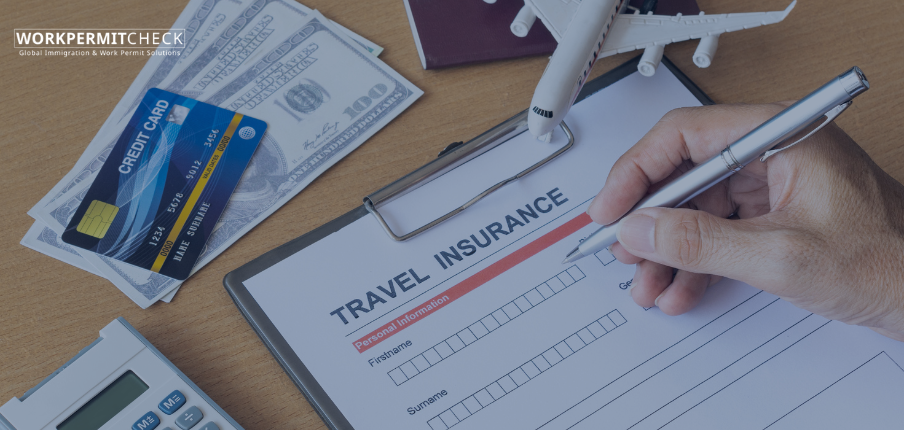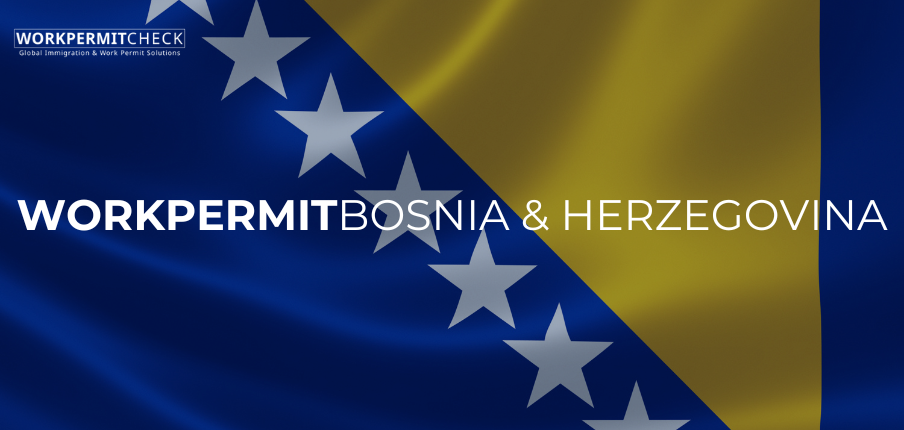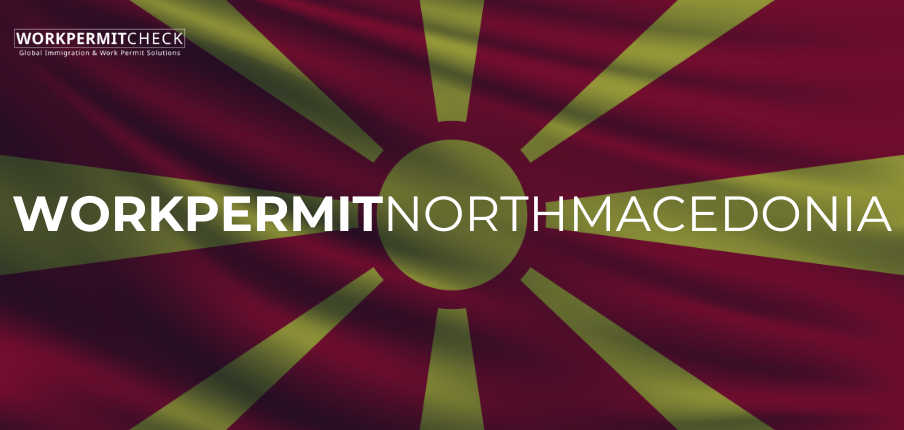Belgium, located at the heart of Europe, is home to numerous international institutions and a growing economy. It offers diverse opportunities for foreign professionals. If you’re a non-EU/EEA/Swiss national planning to work in Belgium, you’ll need a valid work permit. This guide explains the process in clear, step-by-step detail.
Overview: Do You Need a Work Permit?
You do not need a work permit if you are:
-
A citizen of the European Union (EU), European Economic Area (EEA), or Switzerland
-
A permanent resident of Belgium
-
A family member of an EU/EEA/Swiss citizen with residence rights
You do need a work permit if you are a non-EU/EEA/Swiss national and intend to work in Belgium.
Types of Work Permits in Belgium
Belgium issues different types of work permits depending on the nature and duration of employment:
| Permit Type | Description | Validity |
|---|---|---|
| Single Permit | A combined permit for work and residence for long stays | Up to 3 years, renewable |
| Work Permit B | For short-term employment (less than 90 days) | Up to 12 months |
| Work Permit C | For students, asylum seekers, or dependents | Temporary, renewable |
Step-by-Step Guide to Obtaining a Belgian Work Permit
Step 1: Secure a Job Offer
You must first secure a job with a Belgian employer. The employer is responsible for initiating the work permit process on your behalf.
Recommended job search platforms:
Step 2: Employer Applies for the Permit
Your employer applies for the appropriate work authorization depending on your intended length of stay.
If you plan to stay more than 90 days:
The employer applies for a Single Permit:
-
A joint application for both work and residence authorization
-
Submitted to the regional employment authority (Flanders, Brussels, or Wallonia)
If you plan to stay 90 days or less:
The employer applies for a Work Permit B:
-
For temporary assignments, seasonal work, or specific projects
Required documents typically include:
-
A valid passport copy
-
Employment contract
-
Educational qualifications or proof of experience
-
A medical certificate
-
Employer’s company details and business registration
-
Proof of accommodation (for long-term stays)
Step 3: Wait for the Decision
Processing times vary:
-
Single Permit: Generally 60 to 90 days
-
Work Permit B: Approximately 4 to 6 weeks
If approved:
-
You’ll receive a work authorization certificate
-
For long-term permits, this includes permission to apply for a visa
Step 4: Apply for a Visa (if applicable)
Once the permit is approved, apply for a Type D national visa at the Belgian embassy or consulate in your country.
Documents typically required:
-
A valid passport
-
Work permit approval
-
Completed visa application form
-
Passport photos
-
Medical certificate
-
Police clearance certificate
Visa processing times range from 2 to 4 weeks.
Step 5: Register Upon Arrival
After arriving in Belgium:
-
Register with the local municipality (commune or gemeente) within 8 days
-
You will receive a residence permit (A-card or B-card)
-
You are now legally authorized to work in Belgium
Special Categories
Belgium provides specific pathways for:
-
Highly skilled workers (subject to minimum salary thresholds)
-
Researchers and academics
-
Intra-corporate transferees (ICT)
-
Seasonal workers
-
EU Blue Card holders
Each category has tailored requirements and may offer faster processing or longer validity.
Regional Authorities for Work Permits
Applications are processed by the employment authority of the region where the job is located:
-
Flanders: https://www.vlaanderen.be
-
Brussels-Capital Region: https://www.actiris.brussels
-
Wallonia: https://www.leforem.be
Legal and Practical Considerations
-
Languages: The official language depends on the region (Dutch, French, or German)
-
Renewals: Apply 2 to 3 months before the permit’s expiration
-
Family: Spouses and children may apply for dependent residence permits
-
Compliance: Working without proper authorization is illegal and subject to penalties
Conclusion
Belgium offers structured but accessible pathways for foreign professionals to obtain work authorization. The Single Permit system simplifies long-term employment, while Work Permit B addresses short-term needs. By understanding the process and collaborating closely with your employer, you can smoothly transition to working and living in Belgium.
May 1, 2025

